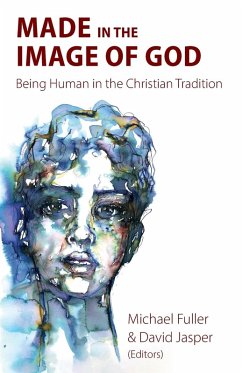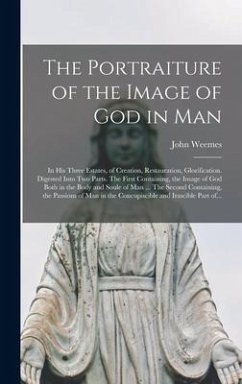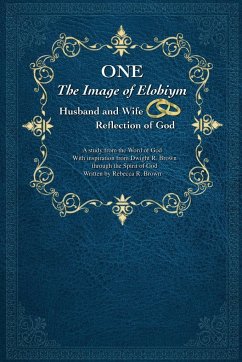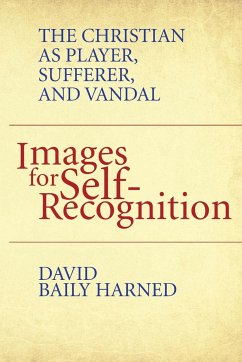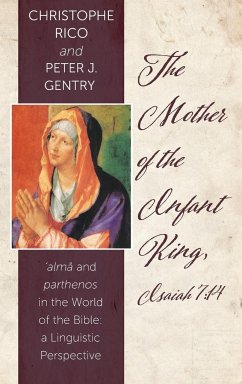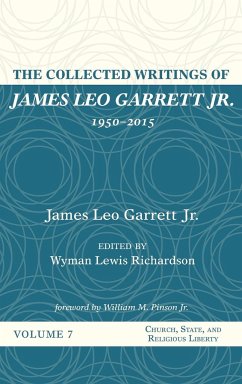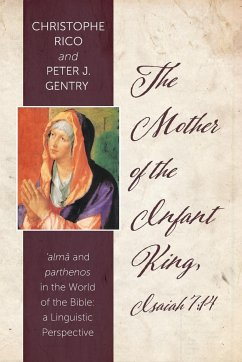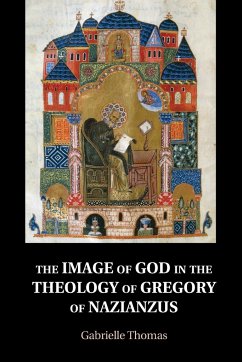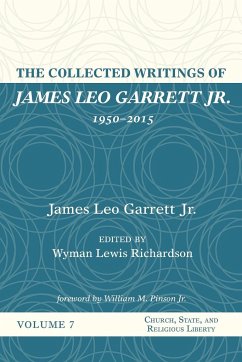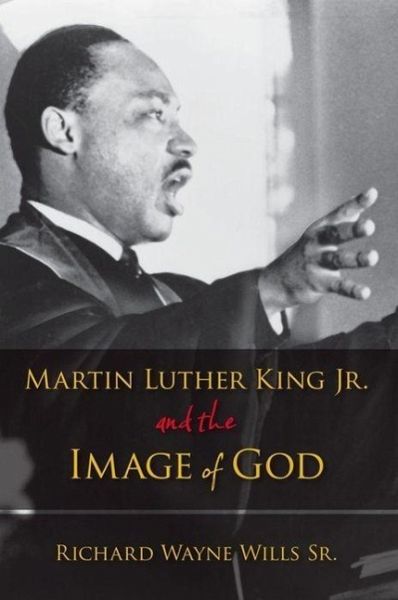
Martin Luther King, Jr., and the Image of God
Versandkostenfrei!
Versandfertig in 1-2 Wochen
50,99 €
inkl. MwSt.
Weitere Ausgaben:

PAYBACK Punkte
25 °P sammeln!
Scholars universally acknowledge the role that Christian belief played in the social movement engendered by Martin Luther King Jr. Yet few have actually delved into the complexity of King's theology itself. The centrality of one aspect of his theology in particular - imago Dei, the belief that human beings are made in God's image - has been surprisingly overlooked. In this book, Richard W. Wills Sr. offers a comprehensive analysis of King's appeal for civil rights by investigating his understanding of imago Dei. Wills begins by tracing the evolution of this idea through the history of Christian thought, showing the intellectual sources King drew on in constructing his own beliefs. Wills then demonstrates how King employed this idea in his civil rights work. The belief that we are all made in God's image was crucial, Wills shows, to King's understanding of human nature and equality. While King shared with many of his black church forebears the view that humanity's creation by God was a powerful argument for the equality of all people, he also took the concept much further. For King, being made in God's image meant that human beings have not only the right but also the power to reshape society and to build a "beloved community" on earth. Though explicitly grounded in Christian faith, the doctrine of imago Dei provided King with a theological rationale that was capable of addressing the needs of the community well beyond the walls of churches. Wills's thorough reconsideration King's thought makes the case for his importance as a theologian. It convincingly demonstrates that the concept of imago Dei formed the heart of his theology and, in turn, that his theology was central to the unfolding of the civil rights movement.
One aspect of Martin Luther King, Jr. that has received surprisingly little attention is his theology. While many have pointed to his religious lineage as a source for his social activism, few have actually examined the content of his religious beliefs and how they are related to his fight for African American civil rights. Richard Wills concentrates here on one particular piece of King's theology, imago dei ¿ the idea that human beings are made in God'simage.





